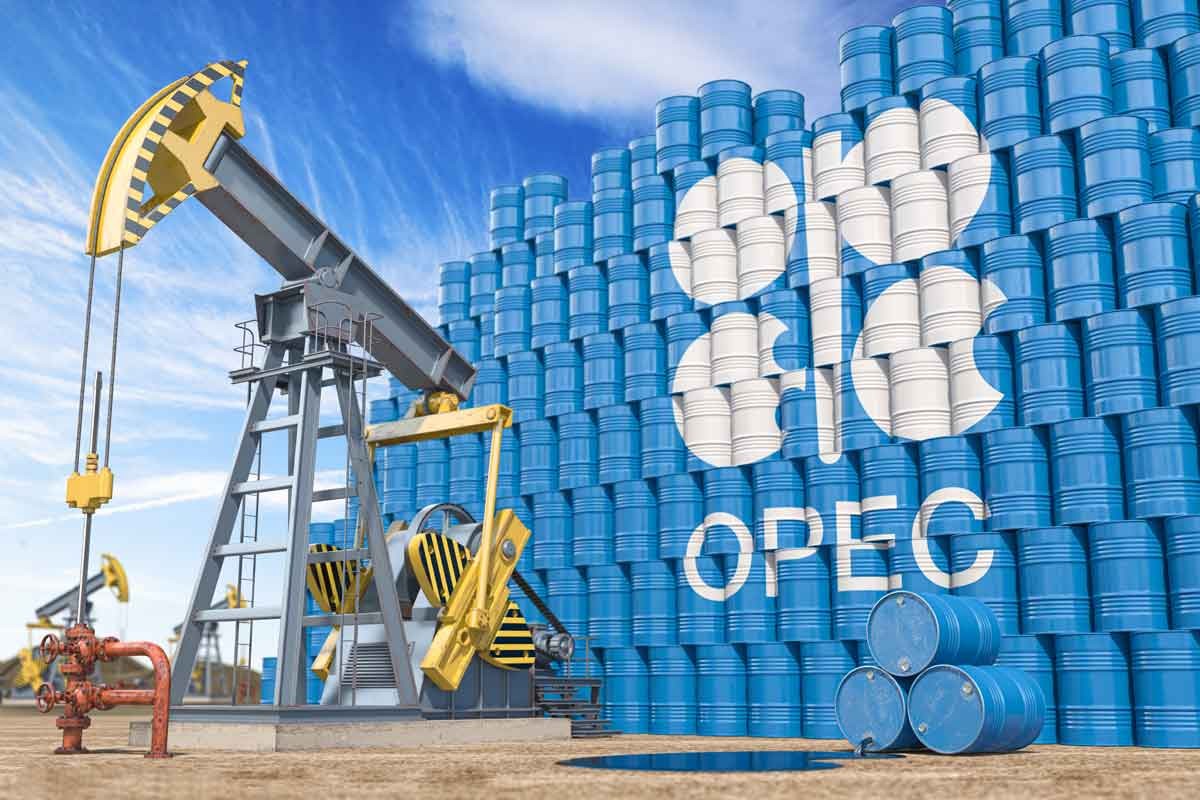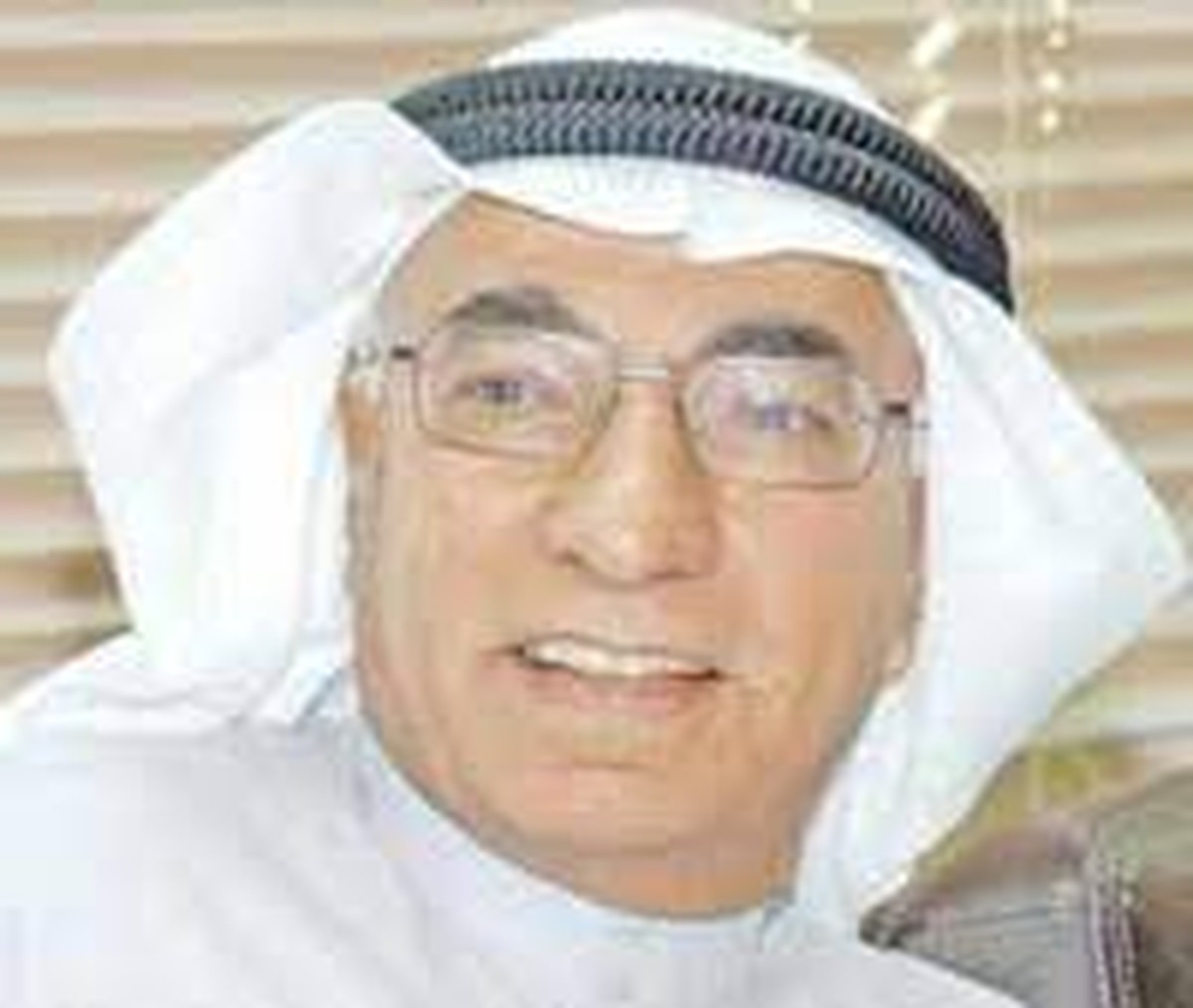27/09/2025
27/09/2025

According to oil analysts, the organization appears to have hit its production limit, as it has consistently failed to meet its targets. Despite Russia, the world’s second-largest oil producer, joining OPEC+, the group still falls short by more than 500,000 barrels per day. The so-called oil glut has not materialized, with prices remaining below $70 a barrel, despite OPEC+’s inability to increase output.
Among OPEC members, only Saudi Arabia and Abu Dhabi have the capacity to boost production, but no additional barrels have been added. This raises concerns about keeping the oil market tight. If these two countries have spare capacity, why aren’t they producing more? Could this be an attempt to keep oil prices firm in the hope of further price increases per barrel? Has the world reached its limit on oil production? If so, why are oil prices still under $70 in international markets? Since April 2023, following an agreement to cut output and support prices, OPEC+ has gradually increased production. There still appears to be around 3.5 million barrels per day of spare capacity, mainly in Saudi Arabia and the UAE. However, this idle capacity remains unused, likely to maintain price stability and prevent further declines. However, when will OPEC+ ask its members, mainly Iraq and Kazakhstan, to increase oil supply to the market, or will they wait for a stronger, more sustained rise in oil prices? Another consideration is whether the organization will wait for clearer signs of a tightening oil market before agreeing to push more volumes into the market, aiming to avoid further price weakness.

OPEC+ seeks to maintain order in the oil markets under its umbrella, ideally with full participation and commitment from all members in line with its agreements and responsibilities to the international oil market. OPEC+ plans to increase production starting next month, October, by adding an additional 137,000 barrels per day. However, oil analysts doubt that the full volume will reach the market, estimating the actual increase closer to 80,000 barrels per day, as the group is likely to fall short of the agreed target of 137,000 barrels.
The main concern is whether OPEC+ will have spare oil capacity exceeding 2.5 million barrels per day by next year. The question is whether oil producers will choose to increase production in search of more oil or hold back to keep the market uncertain and firm up prices. The American experience is notable, as the U.S. has quietly ramped up crude oil production to nearly 13.6 million barrels per day, making it the world’s top producer. This aggressive output aims to protect their oil market, maintain energy independence, and reduce imports. However, this goal remains unmet, as U.S. crude oil demand exceeds 20 million barrels per day, while production is around 13.5 million barrels per day. This leaves a gap of about 6 to 7 million barrels per day that must be imported from various parts of the world. Although the U.S. market is not the most lucrative for producers, it offers some of the lowest prices compared to global markets. As the largest consumer, the U.S. still represents an important outlet for oil sales, especially when other markets may be limited. The question is whether OPEC can add more crude oil to the market. Perhaps it can and will. The main issue is whether the netback, or the selling price, is attractive enough to sell to the U.S., or if the U.S. market is used as a last-resort outlet, accepting lower income but still generating some cash in the absence of more rewarding markets. The U.S. oil market is massive, and it is worth being a player in such a large outlet, if only for the record, despite prices being $4–$5 per barrel lower than other crude benchmarks. Can OPEC+ produce more oil? The answer is yes, it can and likely will. The real question is at what price level, and whether additional production is driven by the need to generate cash to balance annual budgets, especially in the absence of new alternatives.
By Kamel Al-Harami
Independent Oil Analyst
Email: [email protected]


